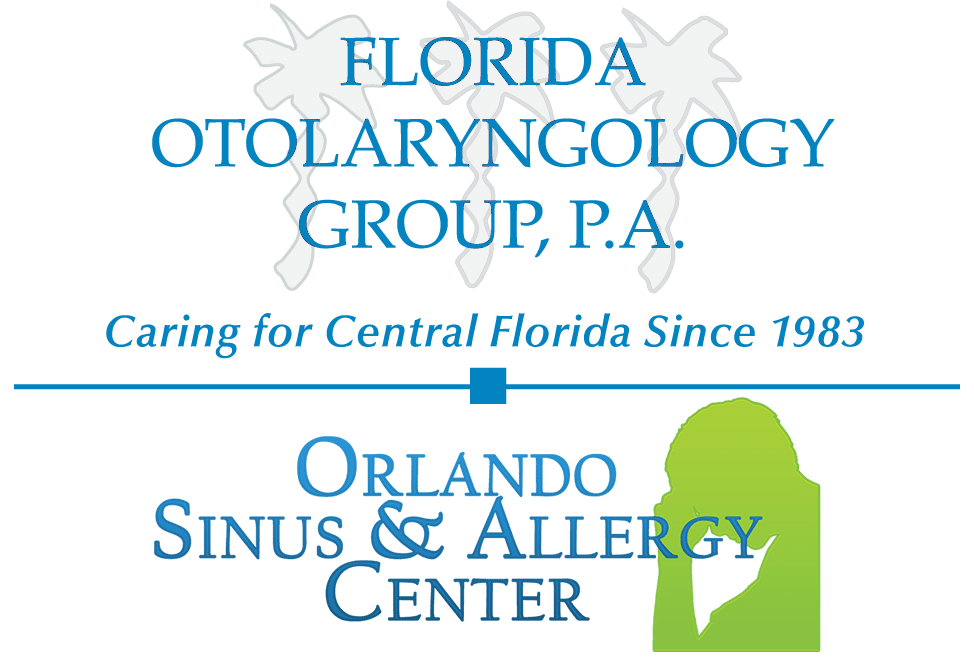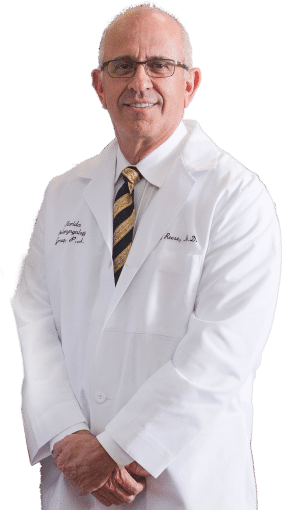If you snore loudly, feel exhausted during the day, or have been told by your partner that you stop breathing at night, you may be suffering from sleep apnea. Sleep apnea is a serious sleep disorder that can cause heart problems, high blood pressure, and other health issues if left untreated. The good news is that there are treatments available for sleep apnea, and one of the best places to seek treatment is Orlando, Florida. An Ear, Nose, and Throat Specialist (ENT) can diagnose your condition and help you find the best treatment for you.
What Is Happening During Sleep Apnea?
The process that is occurring at night depends on which type of sleep apnea you have; central or obstructive. With central sleep apnea, the brain fails to send the proper signals to the muscles that control your breathing resulting in an upper airway obstruction.
With obstructive sleep apnea, there is some anatomical obstruction that blocks the airway. Regardless of which type of sleep apnea you have, during an episode, you may stop breathing for short periods of time. As a result, your heart must work harder to deliver the oxygen, and your sleep cycle is interrupted as the body may have dozens or even hundreds of “micro-awakenings” where your body startles itself awake to gasp for air.
What Are the Symptoms of Sleep Apnea?
The most common symptoms are snoring, excessive daytime fatigue, and difficulty staying asleep. You may also experience morning headaches, a dry mouth or throat, and problems with concentration and memory. If you have any of these symptoms, it is important to see an ENT specialist for diagnosis and treatment.
How Do ENTs Examine You for Sleep Apnea Treatment?
During your appointment, an ENT will take a medical history and ask you about your symptoms. They will also perform a physical exam of your nose, throat, and neck. Upper airway endoscopy may be performed to get a good look at your airways, including your nasal passages and sinuses to ensure that these aren’t the source of the obstruction during sleep.
The ENT may also look at your adenoids, which is lymphoid tissue that sits at the very back of your nasal passageway. Adenoids are an important part of our immune system just like the tonsils. The uvula and your soft palate will also be examined. If any of these are the cause of the obstruction, then the ENT will discuss a treatment plan with you for the removal of these structures. In addition to this, the ENT may order a sleep study to rule out other sleep disorders or to determine how severe your sleep apnea is.
Surgical Options by ENTs for Sleep Apnea
If it is determined that you have obstructive sleep apnea, the ENT will discuss surgical options with you. There are a few different surgeries available, and the best one for you will depend on the cause.
- Septoplasty if the septum (bone and cartilage between your nostrils) is crooked. The septoplasty will straighten out the septum, leading to improved breathing.
- Nasal Turbinate Reduction may be performed if your turbinates (vascular humidifying tissues within the nose) are enlarged. Their size can be reduced to help improve breathing.
- If you have polyps (grape-like structures) in your nasal passageways, these can be removed with endoscopic sinus surgery.
- If the adenoids or tonsils are the culprit, these can be removed completely for better breathing.
- Inspire nerve stimulator. There is a surgery that will place a pacemaker-like device to send a signal to the tongue while sleeping so that the tongue does not occlude the airway.
There are also more complex surgical, sleep apnea treatment options like the uvulopalatopharyngoplasty (UPPP) which removes the uvula and tonsil completely to help with breathing. The maxillomandibular advancement (MMA) surgery can bring the upper and lower jaws forward to help expand the airway. Since there are many sleep apnea treatment options, it is best to talk with an ENT about which option is best for you.
Non-Surgical Sleep Apnea Treatment Options
If you are not a candidate for surgery or if you don’t want surgery, there are still treatment options available. The most common non-surgical treatment is called CPAP therapy. Continuous Positive Airway Pressure (CPAP) involves the use of a machine that delivers pressurized air through a mask that you wear during sleep. This helps to keep your airways open and prevents the obstruction that leads to sleep apnea.
Other non-surgical treatments include dental devices that help to keep your jaw in a forward position, lifestyle changes such as losing weight or quitting smoking, and medications that can help to open up the airways.
Why You Should See an ENT for Sleep Apnea Treatment
If you think that you may have sleep apnea, it is important to see an ENT right away, as this condition can lead to serious health problems. An ENT is the best type of doctor to diagnose and treat it and will be able to recommend the best options for you to get you back to healthy, restful sleep.
Have Questions? Get In Touch Today!
If you are in the Orlando, Florida area and would like more information on sleep apnea treatment, please contact our office today at (407) 677-0099. Our ENT specialists are more than happy to answer any of your questions and are here to help you get started on the path to better health. If you want to schedule an appointment right away, you can do so on our website. If you’re a new patient looking for an expert ENT in Orlando to help, we have you covered here.





